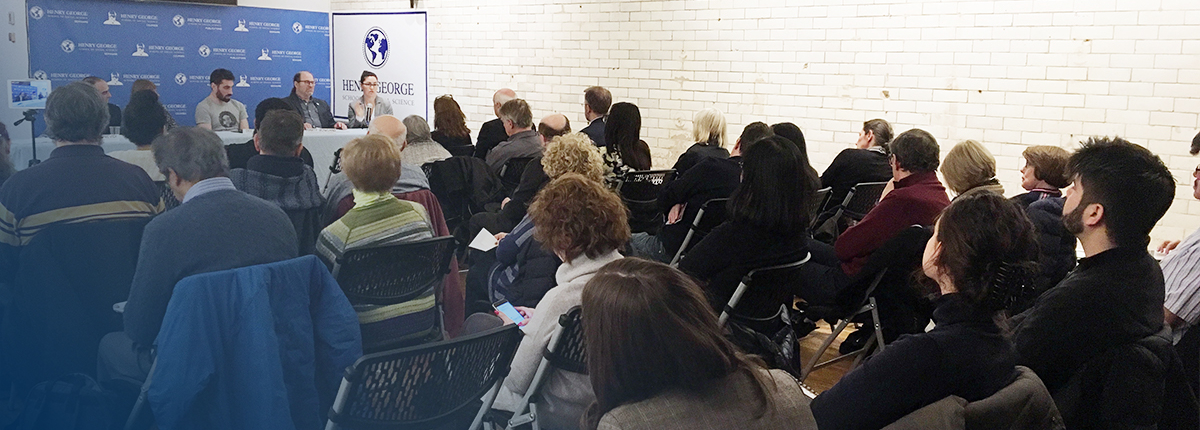Our Money System – What’s Wrong with it and How to Fix it
 The speaker, Thomas H. Greco, Jr., is the author of The End of Money and the Future of Civilization. For more than 40 years Mr. Greco has been studying, writing and lecturing and advising on the subjects of money, exchange, and political economy. His distinctive insights into these subjects and his innovative approaches to a more equitable and sustainable economy have made him a sought-after speaker and advisor worldwide. His full bio can be viewed here.
The speaker, Thomas H. Greco, Jr., is the author of The End of Money and the Future of Civilization. For more than 40 years Mr. Greco has been studying, writing and lecturing and advising on the subjects of money, exchange, and political economy. His distinctive insights into these subjects and his innovative approaches to a more equitable and sustainable economy have made him a sought-after speaker and advisor worldwide. His full bio can be viewed here.
Topics
- WHAT is money?
- WHY do we need money?
- WHAT is wrong with our money system?
- Can we live without money?
- How can business be conducted without money?
- What are the economic, social and political implications of monetary policies and systems?
- What is the likely impact of present day monetary innovations?
May 21 – Session 1 will provide an overview of the present system of money and banking, how it has evolved, how and why it is problematic, and where it is trending. Mr. Greco will talk about the interest-based debt-money system, how it causes the growth imperative and the politicization of finance and exchange, and the political and economic consequences of its continuation. He will outline the fundamental concepts of exchange and finance and the principles upon which sound and sustainable systems are being developed. Participants will be asked to read or listen to some specific materials in preparation of the subsequent sessions.
June 4 – Session 2 will be a more interactive webinar that will provide ample opportunity to discuss whatever questions have been evoked by the previous session and the assignments. These might include topics like inflation, depressions, asset bubbles and busts, the savings and investment functions, and government responses to shocks like the 2008 financial crisis and the more recent pandemic. This will lead into a discussion about possible solutions to the problems that the present system causes, and the role of local currencies and other alternatives for the exchange of value.
June 18 – Session 3 will concentrate upon past, present, and future exchange and payment alternatives, like Depression-era scrip, local and private currencies, commercial trade exchanges and LETS systems that apply the “credit clearing” process, and the more recent emergence of crypto-currencies and blockchain ledgers and their potential role. It will include discussion of how these have evolved, their advantages, limitations and future potential and what needs to be done to take them to scale.



